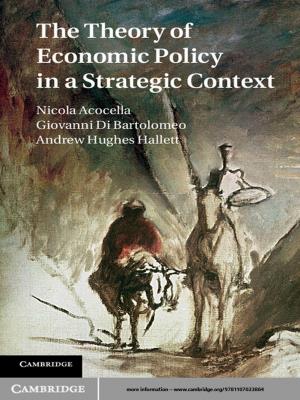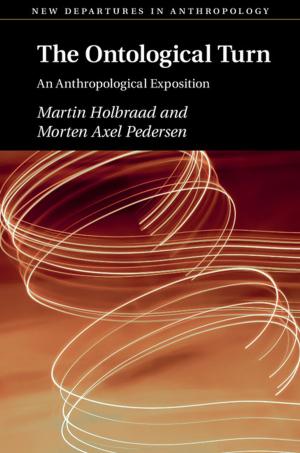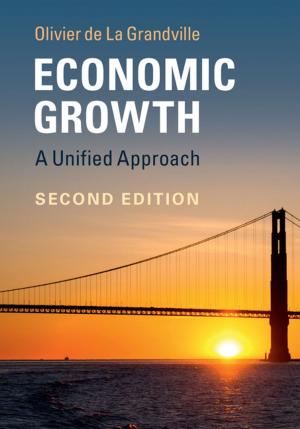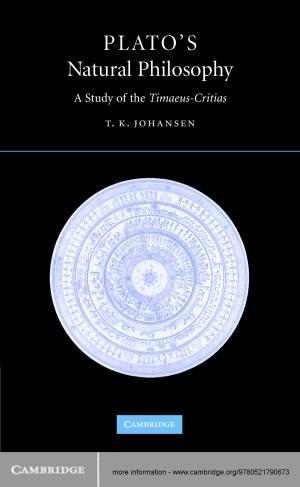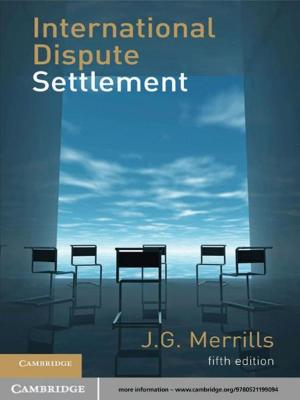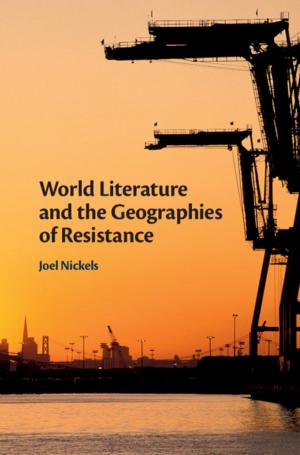A Global History of Literature and the Environment
Fiction & Literature, Literary Theory & Criticism, Theory, Nonfiction, Science & Nature, Nature| Author: | ISBN: | 9781108105644 | |
| Publisher: | Cambridge University Press | Publication: | December 1, 2016 |
| Imprint: | Cambridge University Press | Language: | English |
| Author: | |
| ISBN: | 9781108105644 |
| Publisher: | Cambridge University Press |
| Publication: | December 1, 2016 |
| Imprint: | Cambridge University Press |
| Language: | English |
In A Global History of Literature and the Environment, an international group of scholars illustrate the immense riches of environmental writing from the earliest literary periods down to the present. It addresses ancient writings about human/animal/plant relations from India, classical Greece, Chinese and Japanese literature, the Maya Popol Vuh, Islamic texts, medieval European works, eighteenth-century and Romantic ecologies, colonial/postcolonial environmental interrelations, responses to industrialization, and the emerging literatures of the world in the present Anthropocene moment. Essays range from Trinidad to New Zealand, Estonia to Brazil. Discussion of these texts indicates a variety of ways environmental criticism can fruitfully engage literary works and cultures from every continent and every historical period. This is a uniquely varied and rich international history of environmental writing from ancient Mesopotamian and Asian works to the present. It provides a compelling account of a topic that is crucial to twenty-first-century global literary studies.
In A Global History of Literature and the Environment, an international group of scholars illustrate the immense riches of environmental writing from the earliest literary periods down to the present. It addresses ancient writings about human/animal/plant relations from India, classical Greece, Chinese and Japanese literature, the Maya Popol Vuh, Islamic texts, medieval European works, eighteenth-century and Romantic ecologies, colonial/postcolonial environmental interrelations, responses to industrialization, and the emerging literatures of the world in the present Anthropocene moment. Essays range from Trinidad to New Zealand, Estonia to Brazil. Discussion of these texts indicates a variety of ways environmental criticism can fruitfully engage literary works and cultures from every continent and every historical period. This is a uniquely varied and rich international history of environmental writing from ancient Mesopotamian and Asian works to the present. It provides a compelling account of a topic that is crucial to twenty-first-century global literary studies.

